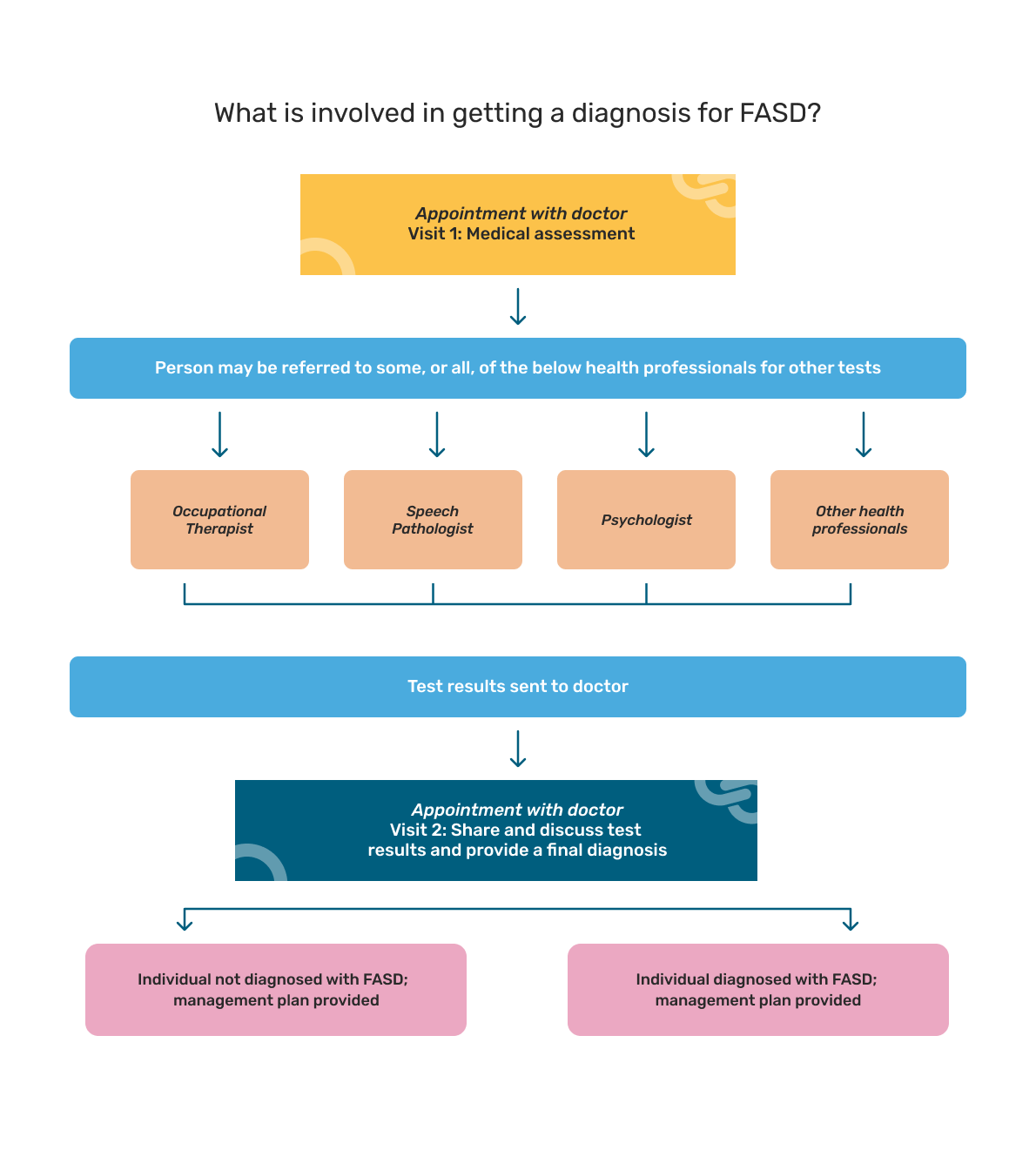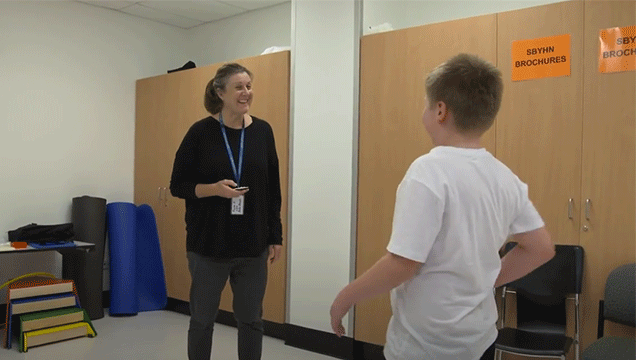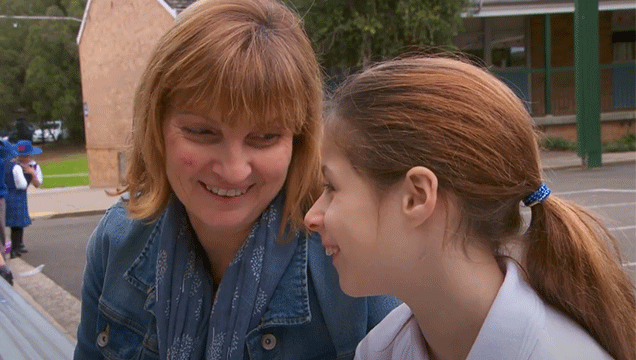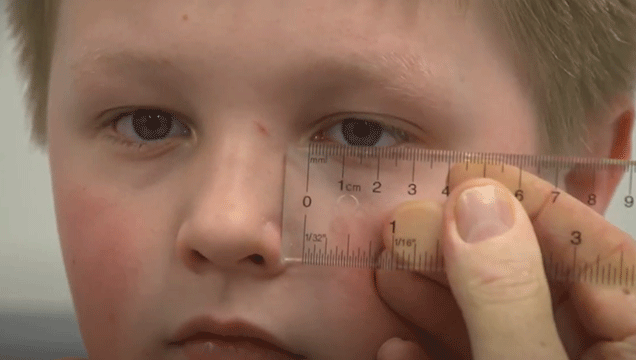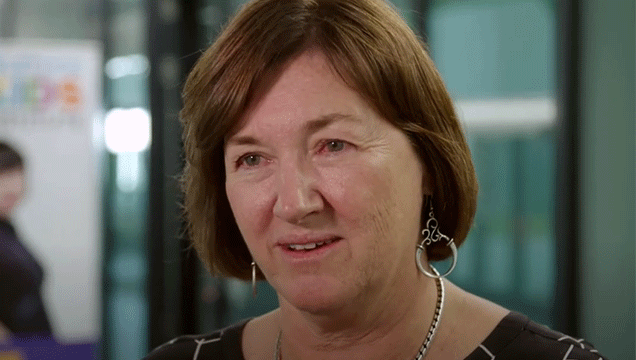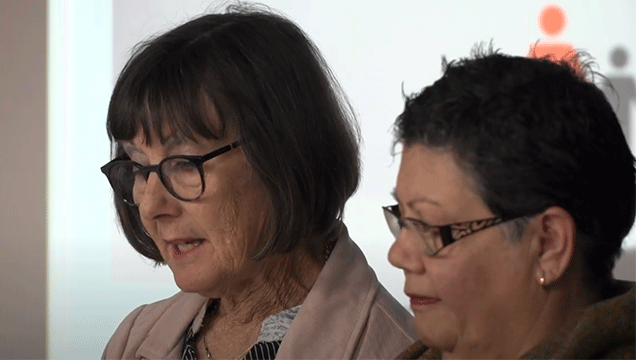Health professionals that may be involved in the assessment and diagnosis of FASD include:
Occupational Therapist (OT)
The occupational therapist will assess motor skills (such as walking, running, tying shoe laces), sensory processing (how we receive, organise and understand visual and auditory messages) and visual perceptual skills (making sense of what we see). For a young child this may involve doing things with their hands, like drawing, writing letters, matching shapes, cutting with scissors, threading beads, asking about the things they like or don’t like to play with because of the way they feel, taste, move or sound. This assessment may take about an hour.
Speech Pathologist
A speech pathologist will assess understanding of language, use of language, verbal reasoning and use of speech sounds. For a young child this will involve talking with them and showing some pictures or toys, finding how many words they know, how well they can talk about things and how well they can understand words and questions. This assessment may take an hour.
Psychologist
The psychological assessment involves tests of memory, problem solving skills, academic abilities and cognitive abilities (how we think, remember and learn). To assess a child, a psychologist, who has had special training in how children learn and how the brain works, will assess what your child knows and test their memory and understanding. This will involve answering questions, and for a young child working with puzzles and blocks and doing some writing activities. This assessment may take 2 hours.
Other health professionals and specialists
A range of other health professionals could be consulted for their expertise, for example a geneticist or radiologist.
Test results will then be sent to the initial referring doctor.

